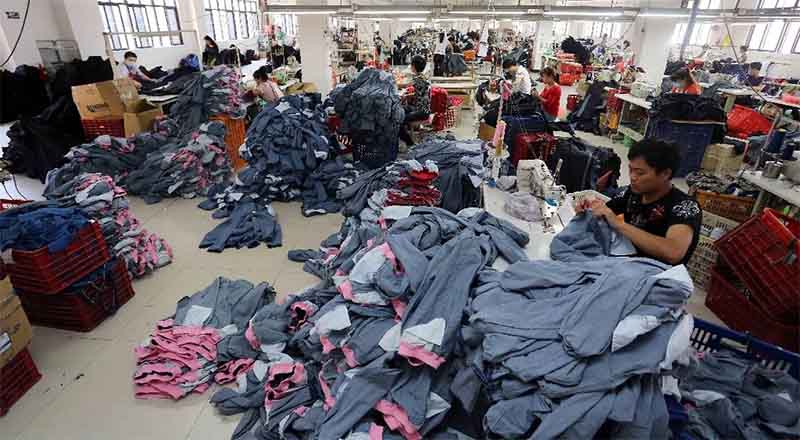Clothing suppliers are currently facing a barrage of cancelled orders, but care needs to be taken to ensure they do not turn to unregistered subcontractors with a high risk of labour abuses and poor factory safety once business resumes, says GlobalData, a leading data and analytics company.
During the COVID-19 pandemic, consumers have shifted their purchases from clothing to essentials. Compounded by government-imposed lockdowns around the world, sales have fallen sharply and hundreds of brands have either reduced or cancelled their orders. In turn, this is forcing many factories to weigh up the option of shutting down their operations until work starts to come in.
One positive takeaway is that the subcontracting of orders by tier-one factories to smaller, unregistered operators or home workers will have significantly reduced – if not disappeared altogether – as orders are lost. It is usually here that labour abuses thrive and safety rules are flouted but go undetected. The worry is what happens when normal life resumes.
Hannah Abdulla, Apparel Correspondent at GlobalData, says: “The likelihood is that when the lockdowns are lifted, consumers across the US and Europe will want to make up for lost time and engage in a bit of ‘retail therapy’. Factories will struggle to keep up with orders and be forced to outsource some work in a bid to get back on track.
“Brands are going to have to be very careful to make sure they use audit teams, locally-based bodies that can ensure compliance at factories, or tools such as predictive modelling to allow them to see what is actually happening on the factory floor and help source safely and ethically.
“Rushing the supply chain recovery process after a crisis such as this, or cutting corners, will only end up costing a brand more in the long run. Now more than ever it is crucial for brands to ensure their responsible sourcing procedures are airtight.”





